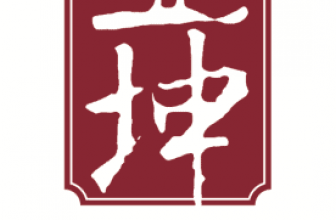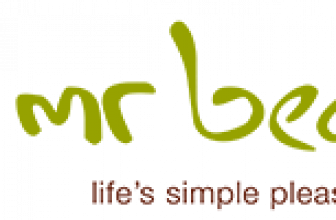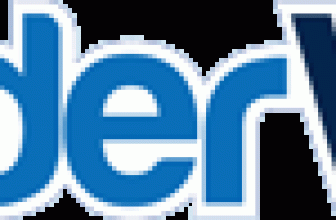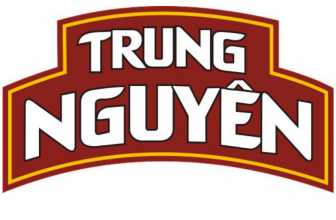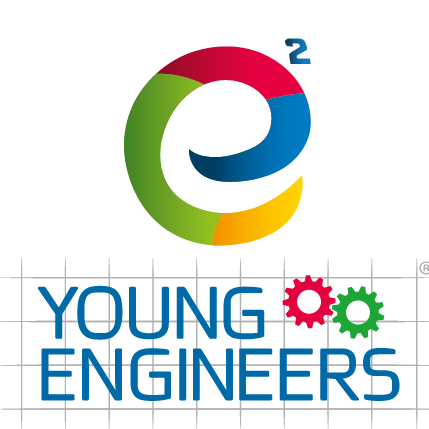
Franchise a Young Engineers e2 Singapore today!
Officially recognized by Harvard Graduate School of Education as 21st Century Education System.
As the need for scientists and engineers has expanded in response to their more technology-driven environment, the ‘talent pool’ for these areas has decreased significantly over the last several decades.
Furthermore, normal teaching techniques in STEM disciplines are deteriorating: instead of focusing on identifying each child’s unique style of learning and promoting creativity, standard teaching methods hold students back by emphasizing compliance and uniformity. This prevents youngsters from engaging in the type of complicated, multidisciplinary thinking required to meet the demands of an ever-changing industry.

According to a new analysis by market research firm Technavio, the worldwide educational toys market is expected to rise at a compound annual growth rate (CAGR) of close to 10% from now until 2021. The market for toys is divided into three areas in the report: academic, cognitive thinking, and motor skills. Math and science kits, which are introduced in early head start programs, preschools, and kindergartens, appear to be the most popular academic toys among children and parents.
Parents are purchasing more STEM toys for their children to experiment with and gain hands-on learning experiences from, according to Technavio, allowing them to learn about DNA, energy, motion, crystals, earth science, circuits, conductors, interactive pets, robotics, and other complex topics while playing with microscopes. Parents want their children to study through engineering and coding toys as opportunities in the technology and IT sector grow fast. Consumer tastes are shifting away from traditional toys like action figures and dolls and toward toy robots, drones, and circuits like the LEGO Mindstorms EV3 and Wonder Workshop Dash Robot. Puzzles, activity sets, and building sets are examples of cognitive thinking toys that can help children develop logical reasoning, critical thinking, and problem-solving abilities.
Construction kits from LEGO, which may educate youngsters to engineer and geometry principles, are examples of cognitive thinking educational toys intended for middle school kids and adults. Because these toys facilitate physical development and muscle building in newborns, toddlers, and pre-schoolers, the motor skills educational toys market is predicted to expand at the quickest rate.
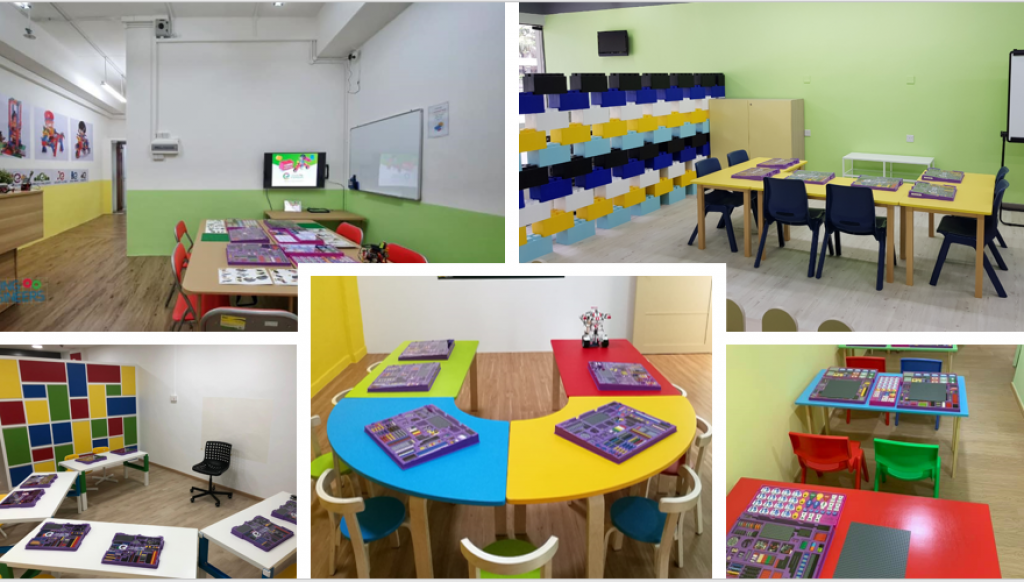
Why Young Engineers Singapore?
- Fast-growing industry
- Working with a statistically-proven product
- Junior Bricks Challenges for Age 3-5 (STEM Program)
- AlgoPlay for Age 6-9 (Coding Program)
- Bricks Challenge for Age 6-11 (STEM Program)
- Galileo Technic for Age 8-12 (Coding Program)
- Robobricks for Age 8-12 (Coding Program) – Junior Competition
- Robotic and Software Engineering for Age 11-15 ( Coding Program) – Direct School Admission
- Multiple revenues stream
- Weekly Regular Classes
- Holiday workshops – a comprehensive workshop manual with 306 pages of ideas to choose from.
- Birthday Parties – a comprehensive birthday parties manual with building instruction models to choose from.
- Corporate team building
- Golden Age (55+)
- Special Needs (Autism)
- Lego Event Organizer
- Mobile lessons at child-care and student care center
- Mobile lessons at MOE schools
- Collaboration with other Enrichment classes
- Being part of an award-winning company
- Using innovative approaches that are being promoted by highly-regarded academic institutions
- Modest investment
- Flexible working hours
- Comprehensive training program for new franchisees
- Working with the only children’s education company to have its own Research and Development team and its own app.
Franchise Enquiry
Get in touch with their business team at chu.ern.teng@youngengineers.sg

